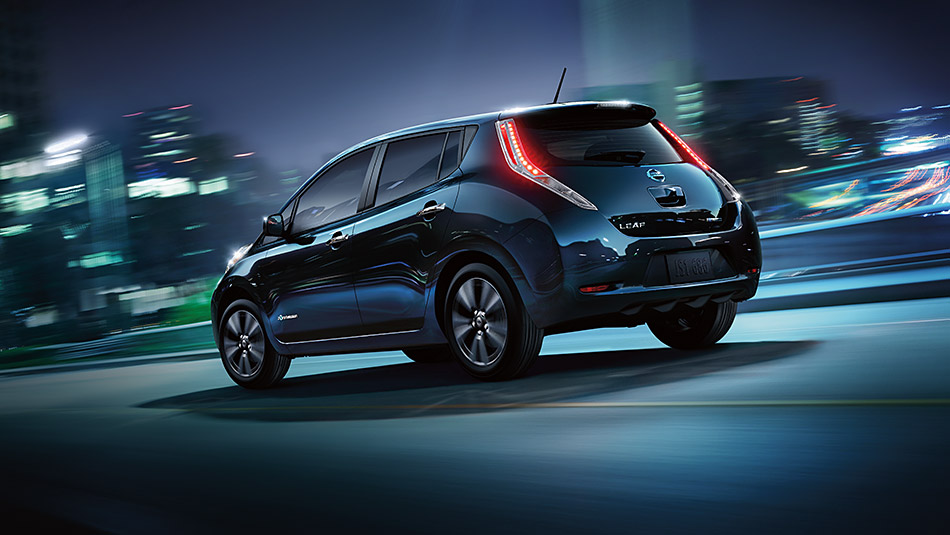
fciwomenswrestling.com, femcompetitor.com article, nissanusa.com photo credit
Building innovative cars designed to please and attract women has been a hallmark of Nissan’s reputation for years.
The 2018 Leaf is such a car.
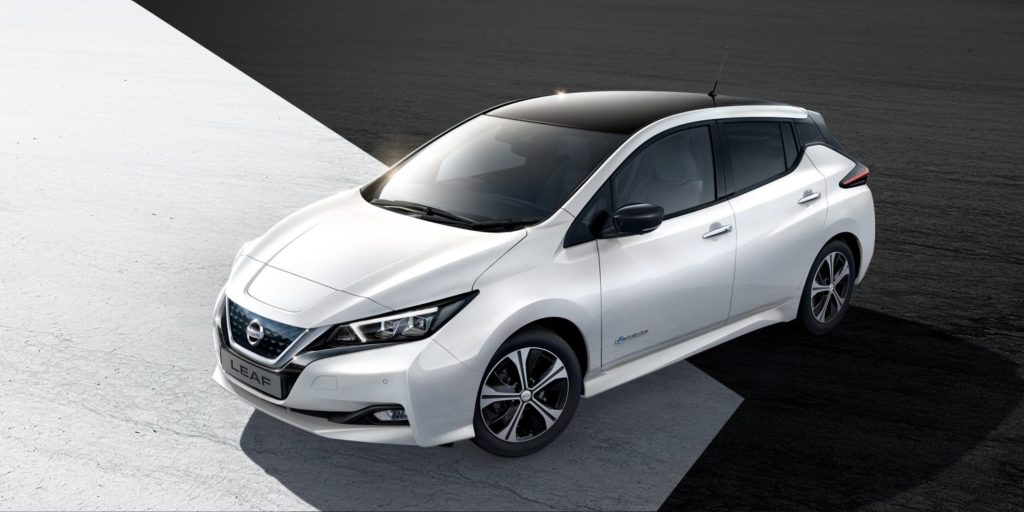
They love the Leaf at consumerreports.org where they share, “A sequel is often not as good as the original. But in the case of the Nissan Leaf, the second-generation electric car seems better on all counts based on initial impressions from a test drive at the Los Angeles Auto Show.
To its credit, the original Nissan Leaf was the first mass-produced plug-in, all-electric car available to the public from an established automaker.”
We figured as much. Everything that we have heard about the Leaf is positive and desirable.
Having said that, what we are about to say falls into the realm of extremely hard to believe, right out of a futuristic Sci-Fi movie so we’ll let an industry expert say it for us.
“Technological innovation is indeed important to economic growth and the enhancement of human possibilities.”… Leon Kass
The auto industry’s informative site thedrive.com reports, “You may have heard of Vehicle-to-Vehicle or V2V technology, but Nissan calls this new tech Brain-to-Vehicle or B2V technology. It’s a driving system that interprets signals from the driver’s brain to “make the drive even more exciting and enjoyable,” according to Nissan executive vice president Daniele Schillaci in a press release.”
Can this really be? A car that interprets signals from our brains?
Seeing is believing. Let’s visit the Nissan Newsroom.
January 3, 2018, YOKOHAMA, Japan
“Nissan unveiled research today that will enable vehicles to interpret signals from the driver’s brain, redefining how people interact with their cars.
The company’s Brain-to-Vehicle, or B2V, technology promises to speed up reaction times for drivers and will lead to cars that keep adapting to make driving more enjoyable.
Nissan will demonstrate capabilities of this exclusive technology at the CES 2018 trade show in Las Vegas. B2V is the latest development in Nissan Intelligent Mobility, the company’s vision for transforming how cars are driven, powered and integrated into society.
“When most people think about autonomous driving, they have a very impersonal vision of the future, where humans relinquish control to the machines. Yet B2V technology does the opposite, by using signals from their own brain to make the drive even more exciting and enjoyable,” said Nissan Executive Vice President Daniele Schillaci. “Through Nissan Intelligent Mobility, we are moving people to a better world by delivering more autonomy, more electrification and more connectivity.”
This breakthrough from Nissan is the result of research into using brain decoding technology to predict a driver’s actions and detect discomfort:
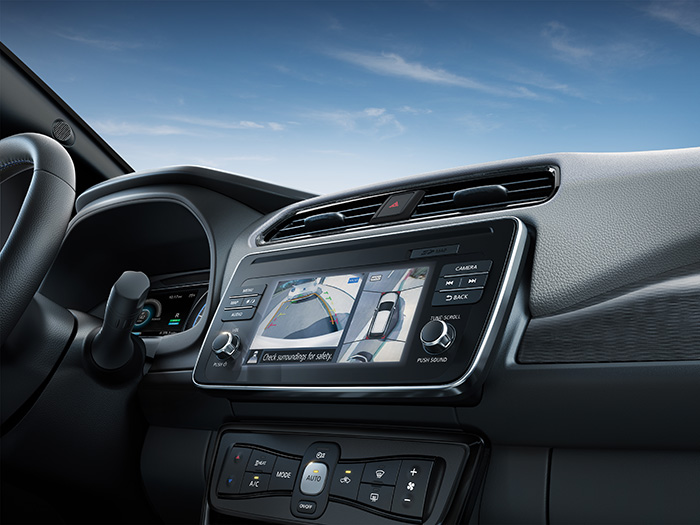
Predict: By catching signs that the driver’s brain is about to initiate a movement – such as turning the steering wheel or pushing the accelerator pedal – driver assist technologies can begin the action more quickly. This can improve reaction times and enhance manual driving.
Detect: By detecting and evaluating driver discomfort, artificial intelligence can change the driving configuration or driving style when in autonomous mode.
Other possible uses include adjusting the vehicle’s internal environment, said Dr. Lucian Gheorghe, senior innovation researcher at the Nissan Research Center in Japan, who’s leading the B2V research. For example, the technology can use augmented reality to adjust what the driver sees and create a more relaxing environment.
“The potential applications of the technology are incredible,” Gheorghe said. “This research will be a catalyst for more Nissan innovation inside our vehicles in the years to come.”
Nissan’s B2V technology is the world’s first system of its kind. The driver wears a device that measures brain wave activity, which is then analyzed by autonomous systems. By anticipating intended movement, the systems can take actions – such as turning the steering wheel or slowing the car – 0.2 to 0.5 seconds faster than the driver, while remaining largely imperceptible.
Nissan will use a driving simulator to demonstrate some elements of the technology at CES, and Gheorghe will be on hand to answer questions. Nissan’s display will be at booth 5431 in the Las Vegas Convention Center’s North Hall.”
This sounds incredible. For many women the 2018 Nissan Leaf is truly incredible.
Mayra Gonzalez is currently the President and Managing Director of Nissan Mexicana
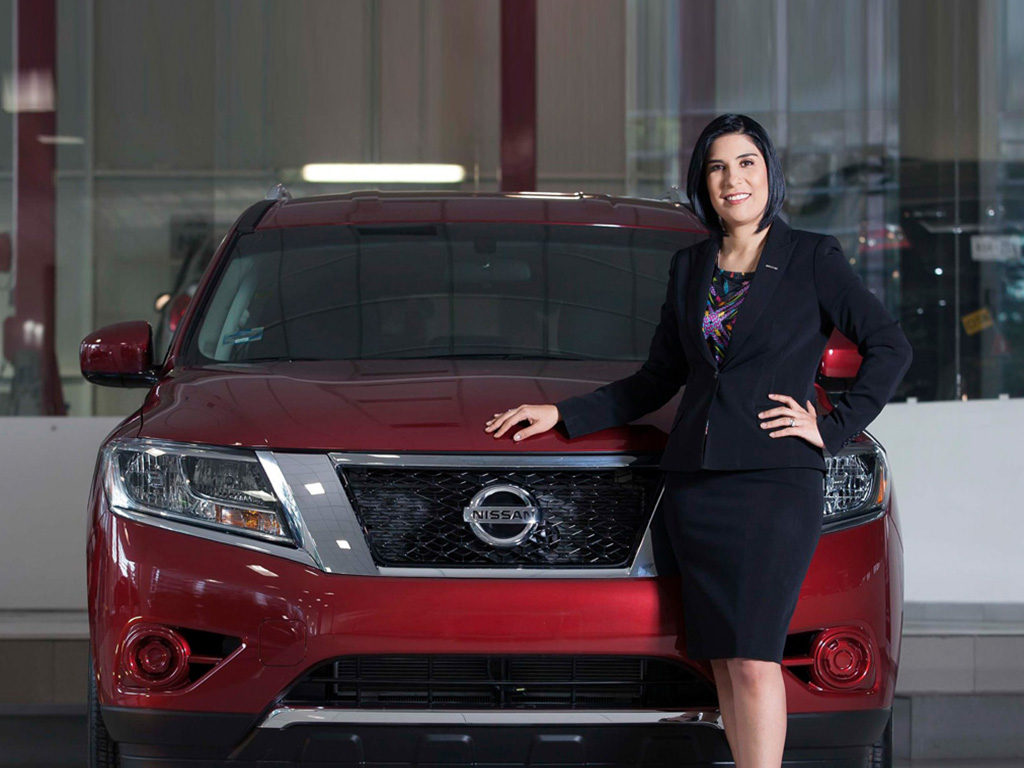
Another great industry group greencarreports.com confirms, “The Detroit News reports that the proportion of women buying brand new Leafs has risen from 10-15 percent of buyers, to 25-30 percent. That’s just since the start of 2013, and echoes a general change in the buyer profile for Leafs since its price drop earlier in 2013.”
That’s good news for Nissan. Why is the 2018 Nissan Leaf so attractive? As a potential buyer, is the 2018 Leaf on your radar? There seems to be myriads of reasons why you might want to.
“An innovation will get traction only if it helps people get something that they’re already doing in their lives done better.”… Clayton M. Christensen
We’ll turn our attention Nissan once again.
As reported on December 4, 2017.
SMYRNA, Tenn. – Production for the all-new 2018 Nissan LEAF is officially underway at the Smyrna Vehicle Assembly Plant in Smyrna, Tenn. The Nissan LEAF will be available at dealerships nationwide starting next month.
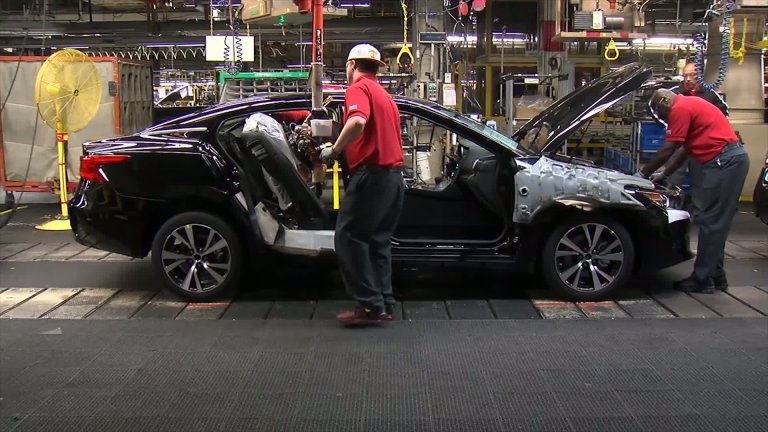
“We’re committed to vehicle electrification and manufacturing in the United States,” said Jeff Younginer, vice president, manufacturing, Smyrna Vehicle Assembly Plant, Nissan North America, Inc. “With the LEAF’s low starting price and latest suite of Nissan Intelligent Mobility features, we’re excited to ramp up production and bring the LEAF to market next month.”
The 2018 Nissan LEAF, along with the 2018 Rogue, offers available ProPILOT Assist technology, which helps drivers navigate stop-and-go traffic by assisting control of acceleration, braking and steering during single-lane highway driving. The Nissan LEAF also incorporates standard Nissan Intelligent Mobility features including: Automatic Emergency Braking (AEB) and e-Pedal technology, allowing drivers to accelerate and stop using a single pedal.
The Nissan LEAF has been in production at Smyrna since 2013, with more than 114,550 models sold in the United States since 2011. The 2018 Nissan LEAF will be available in all 50 states at launch at a starting price of $29,9901 and its range will exceed 150 miles2 on a single charge.”
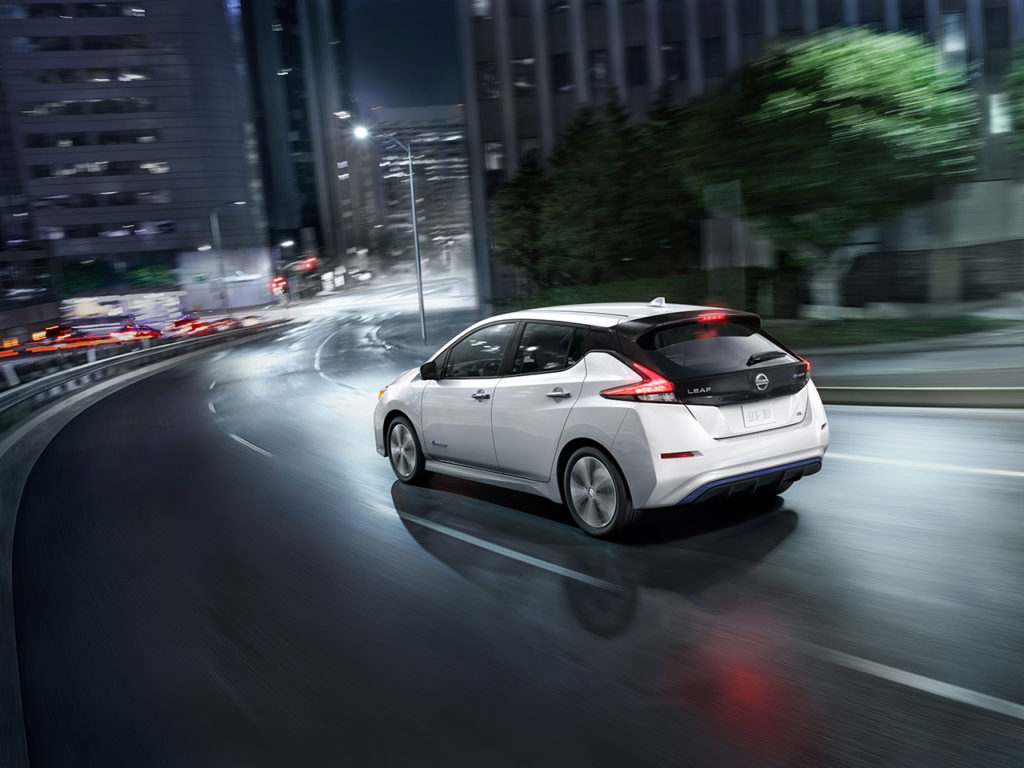
~ ~ ~
OPENING PHOTO nissanusa.com
http://www.thedrive.com/sheetmetal/17329/nissan-is-working-on-brain-to-vehicle-technology
https://www.nissanusa.com/electric-cars/2018-leaf/
https://www.consumerreports.org/hybrids-evs/we-get-a-charge-driving-the-all-new-2018-nissan-leaf/



